12 GPTs for Referee Training Powered by AI for Free of 2026
AI GPTs for Referee Training are advanced generative pre-trained transformer models tailored for the sports officiating sector. These tools leverage the power of AI to simulate scenarios, interpret rules, and provide real-time decision-making exercises, thereby enhancing the training and decision-making skills of referees. By incorporating the latest in machine learning, they offer a dynamic and interactive learning environment, making them highly relevant for referees who wish to improve their understanding and application of game rules under various conditions.
Top 10 GPTs for Referee Training are: Rugby Law Guru,Arbitrator-Football-FFF,IFAB Futbol Oyun Kuralları Kitabı,RugbyRef AI,Arbitrator-Handball-FFHandball,Arbitrator-Basketball-US,Arbitrator-Rugby-FFR,Arbitrator-Basket-FFBB,Arbitre Pétanque FFPJP ( par Pétanque Calendriers),Field Hockey Referee Advisor
Rugby Law Guru
Deciphering Rugby Laws with AI

Arbitrator-Football-FFF
Clarify Football Rules with AI
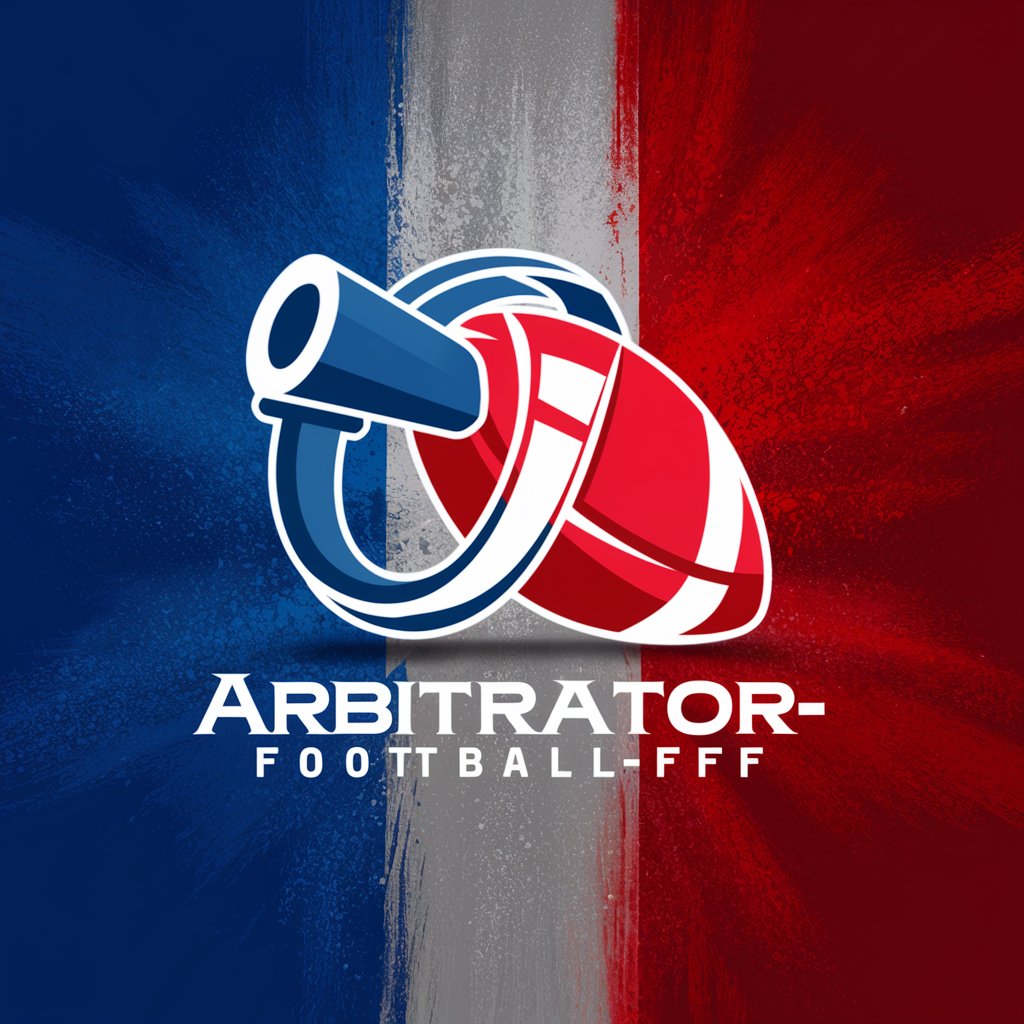
IFAB Futbol Oyun Kuralları Kitabı
Decipher Football Laws with AI
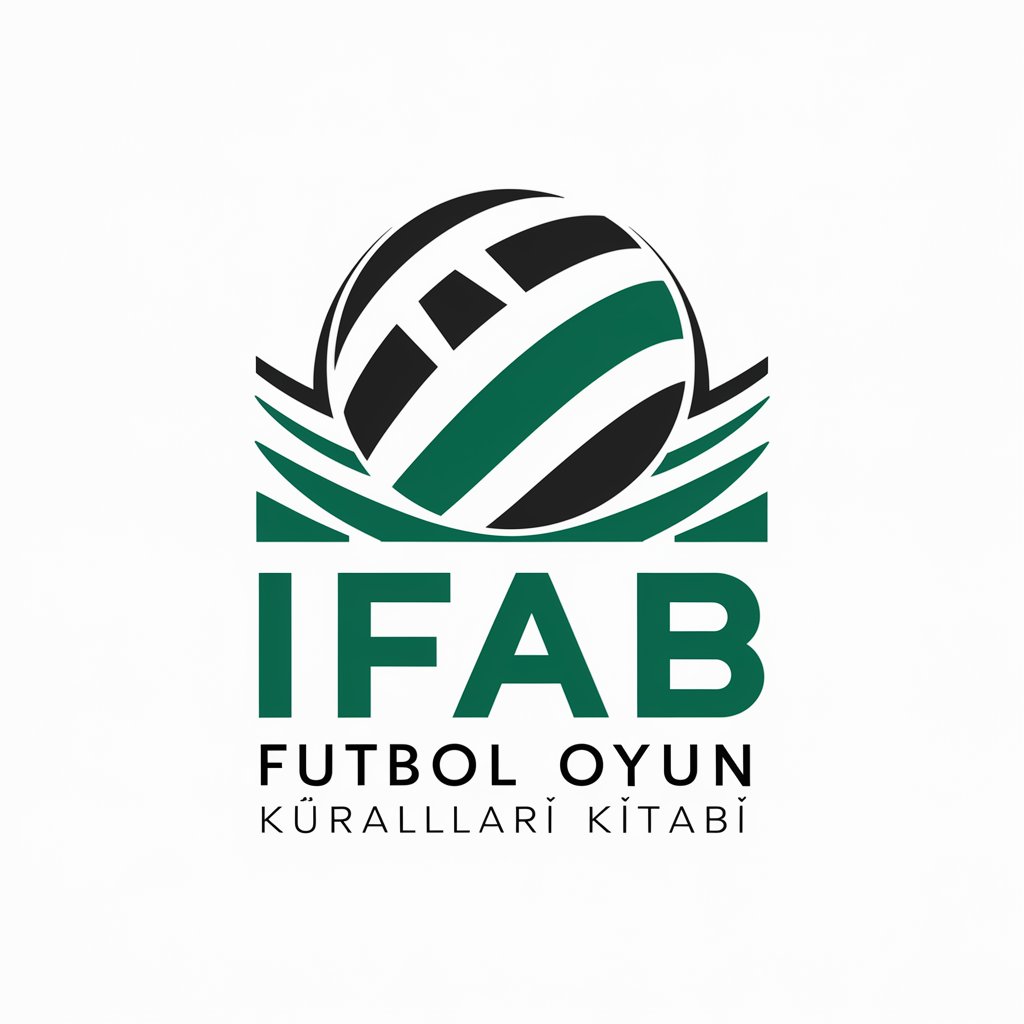
RugbyRef AI
Deciphering Rugby Laws with AI Expertise

Arbitrator-Handball-FFHandball
Navigate handball rules with AI precision.
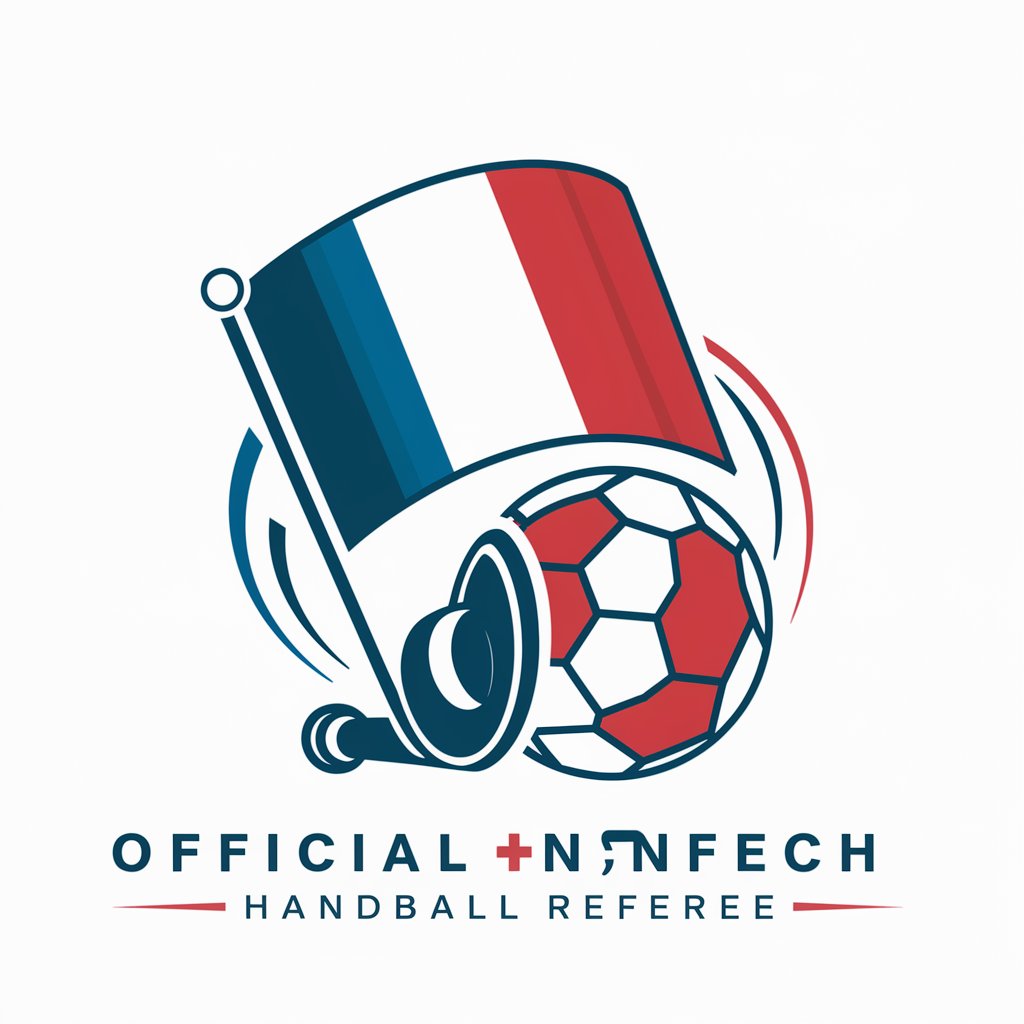
Arbitrator-Basketball-US
AI-powered Basketball Rule Expertise
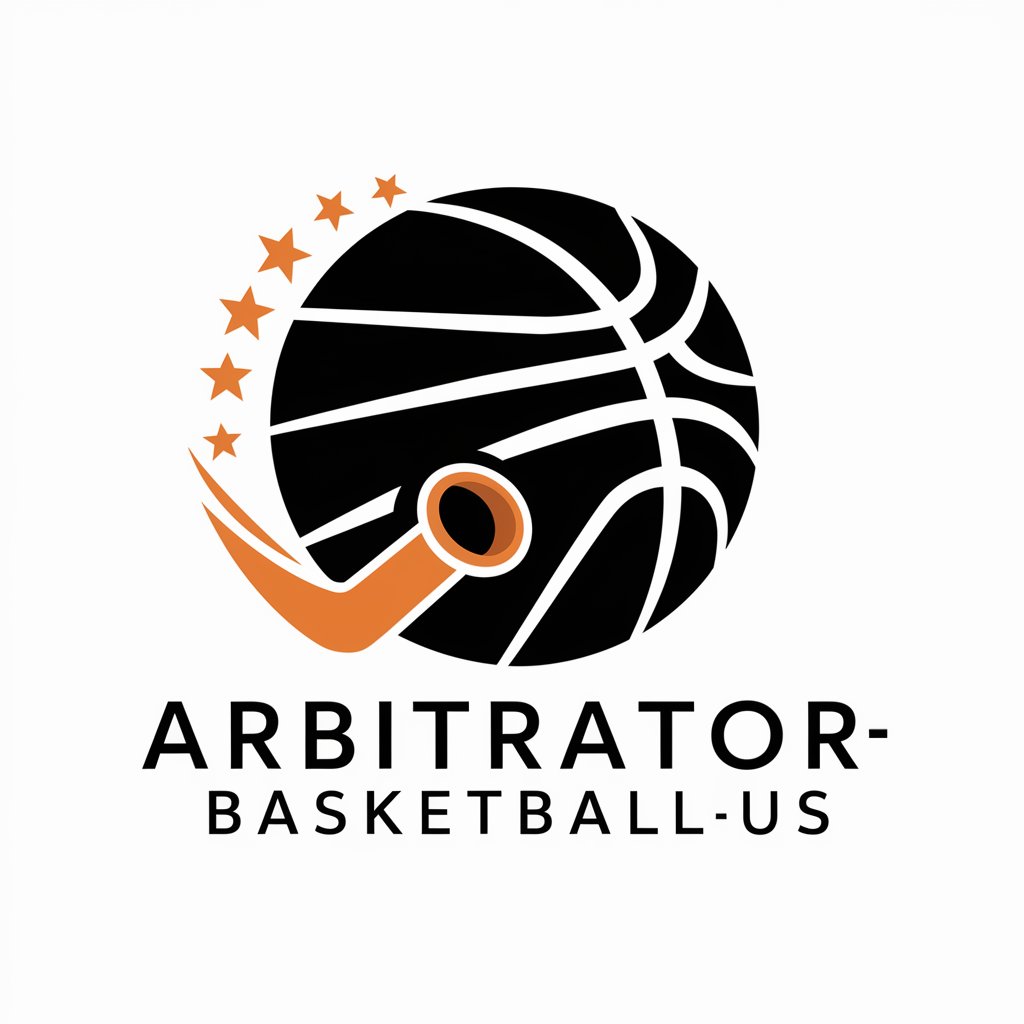
Arbitrator-Rugby-FFR
Decipher Rugby Rules with AI
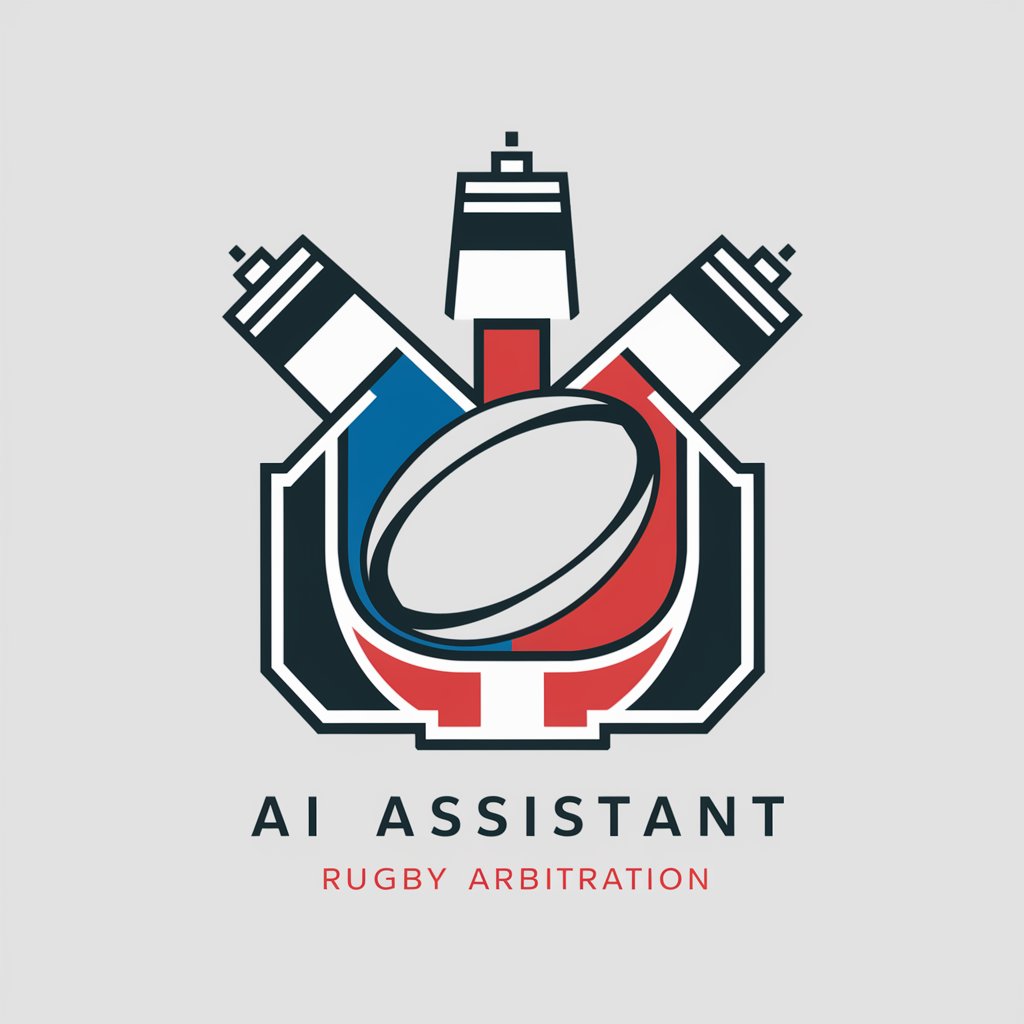
Arbitrator-Basket-FFBB
Deciphering basketball rules with AI precision.

Arbitre Pétanque FFPJP ( par Pétanque Calendriers)
Decipher Pétanque rules with AI precision.

Field Hockey Referee Advisor
Deciphering Complex Field Hockey Rules with AI

Netball Expert
Empowering Netball with AI
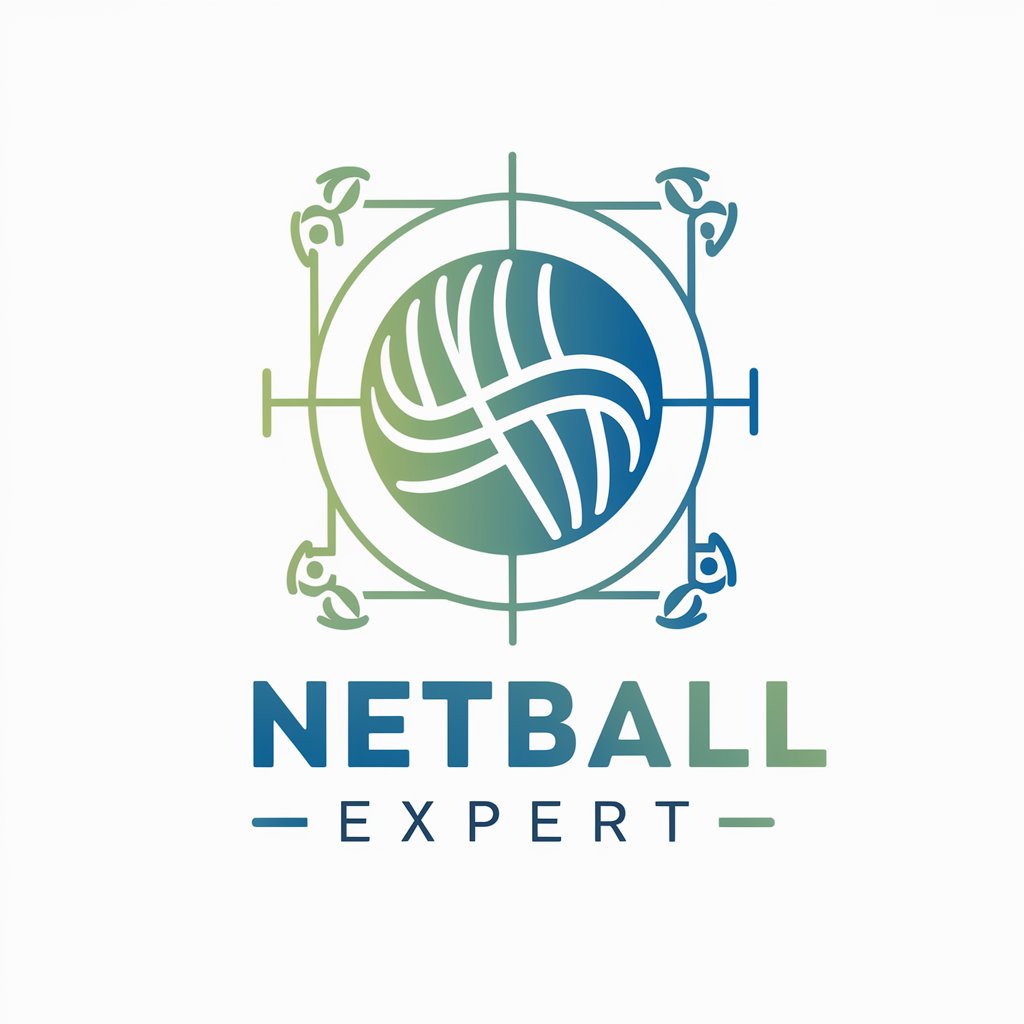
PGMOL GPT
AI-powered Soccer Officiating Assistant
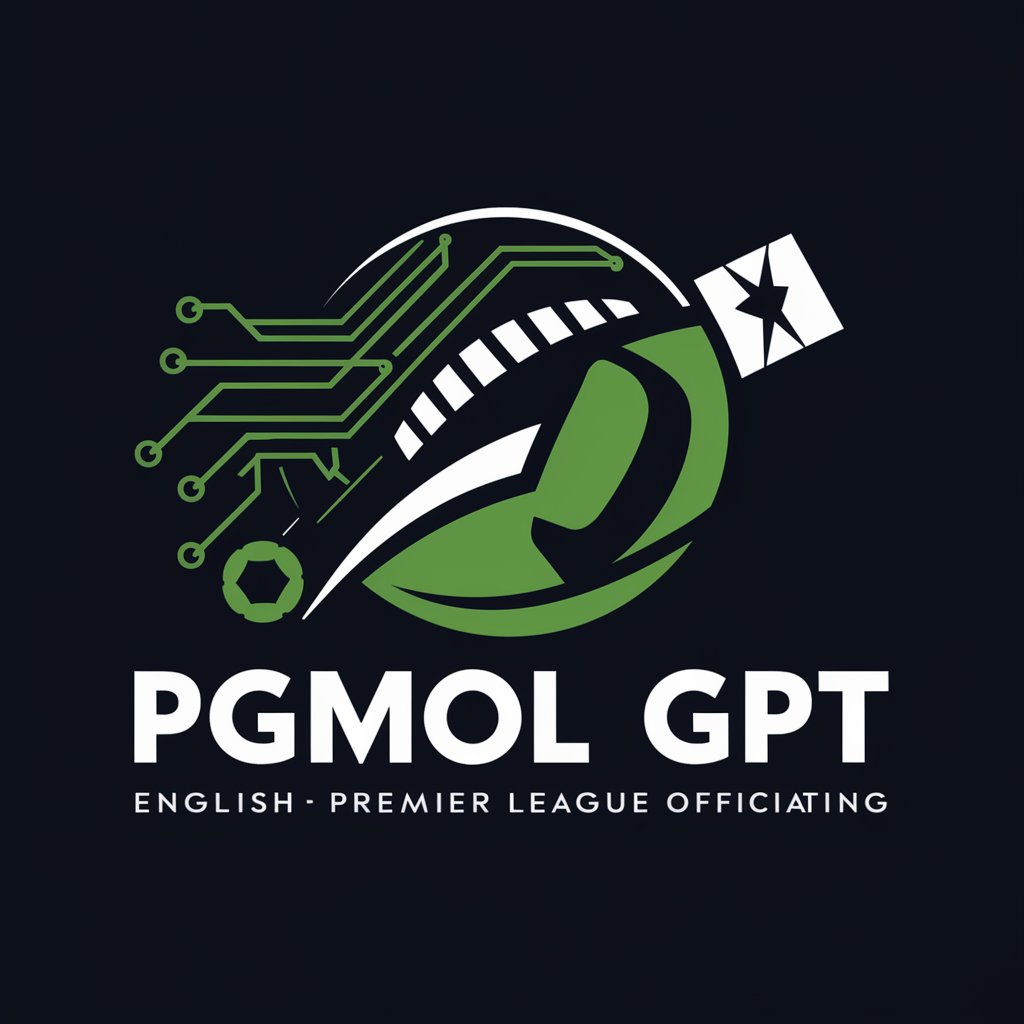
Key Capabilities of AI GPTs in Refereeing
AI GPTs tools for Referee Training stand out with their adaptability and multifunctionality, ranging from basic rule explanations to complex game scenario simulations. These tools are equipped with language learning capabilities for multilingual support, technical support for rule interpretation, web searching abilities for updating on latest game rules, image creation for visual learning, and data analysis for performance tracking. Their ability to provide a personalized learning experience by adapting to the referee's knowledge level and learning pace is a distinguishing feature.
Who Benefits from AI-Powered Referee Training?
The primary beneficiaries of AI GPTs for Referee Training include novice referees who are learning the ropes, experienced officials looking to stay updated on rule changes, and training organizations seeking efficient training modules. These tools are accessible to individuals without coding skills, offering an intuitive interface for easy interaction, while also providing advanced customization options for developers and tech-savvy professionals in the sports industry.
Try Our other AI GPTs tools for Free
Site Audit
Discover AI-powered Site Audit tools designed to enhance website performance. Leverage cutting-edge AI for comprehensive SEO, usability, and technical analysis.
Customized Questions
Discover how AI GPTs for Customized Questions can transform your interaction and knowledge management with tailored, intelligent responses for any domain.
Tone Selection
Discover how AI GPTs for Tone Selection can transform your written communications, adapting the tone to perfectly match your audience's expectations, with advanced features for users of all skill levels.
Conversation Strategy
Discover AI GPT tools tailored for Conversation Strategy, designed to enhance engagement and optimize communication across platforms with advanced, adaptable AI technology.
Practical Steps
Discover how AI GPTs for Practical Steps can transform your approach to learning and problem-solving with tailored, interactive guidance across diverse fields.
Christian Faith
Explore how AI GPTs for Christian Faith transform engagement with religious content, offering tailored, accessible, and insightful tools for the Christian community.
Expanding Horizons with AI in Referee Training
AI GPTs for Referee Training exemplify the potential for customized solutions across different sectors, including sports officiating. They not only offer a user-friendly interface but also the possibility of integration with existing training systems or workflows, thereby enhancing the efficiency and effectiveness of referee training programs.
Frequently Asked Questions
What exactly are AI GPTs for Referee Training?
They are specialized AI tools designed to assist in the training and development of referees by using advanced algorithms to simulate game scenarios, interpret rules, and provide interactive learning experiences.
How do these tools adapt to different learning levels?
AI GPTs for Referee Training are programmed to assess the user's current knowledge and adapt the complexity of training modules accordingly, ensuring a tailored learning experience for each individual.
Can these tools be used for all sports?
Yes, these tools are versatile and can be customized to cater to a wide range of sports by adjusting the rule sets and scenario simulations relevant to each sport.
Do I need programming skills to use these tools?
No, these tools are designed for easy accessibility, allowing users without any programming background to interact with and benefit from them effectively.
How do AI GPTs stay updated with the latest rules?
These tools are connected to online databases and use web searching capabilities to regularly update themselves with the latest rules and regulations in various sports.
Are there customization options available for professional teams?
Yes, professional teams and organizations can access advanced customization options, enabling them to tailor the training modules to their specific needs and preferences.
Can AI GPTs provide feedback on decision-making?
Absolutely, one of the core features of these tools is their ability to analyze decisions made during simulations and provide constructive feedback, aiding in the refinement of referees' decision-making skills.
Is there support for multilingual training?
Yes, with language learning capabilities, these tools can support training in multiple languages, making them accessible to a global audience of referees.